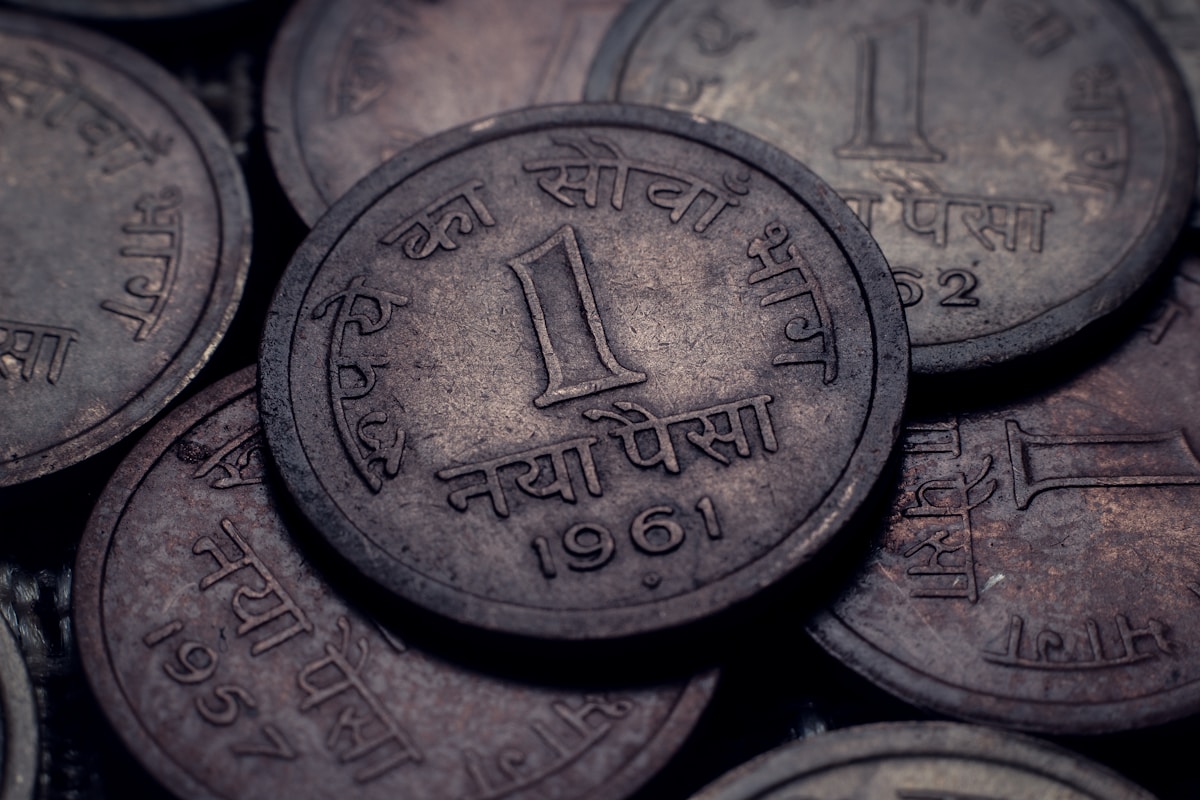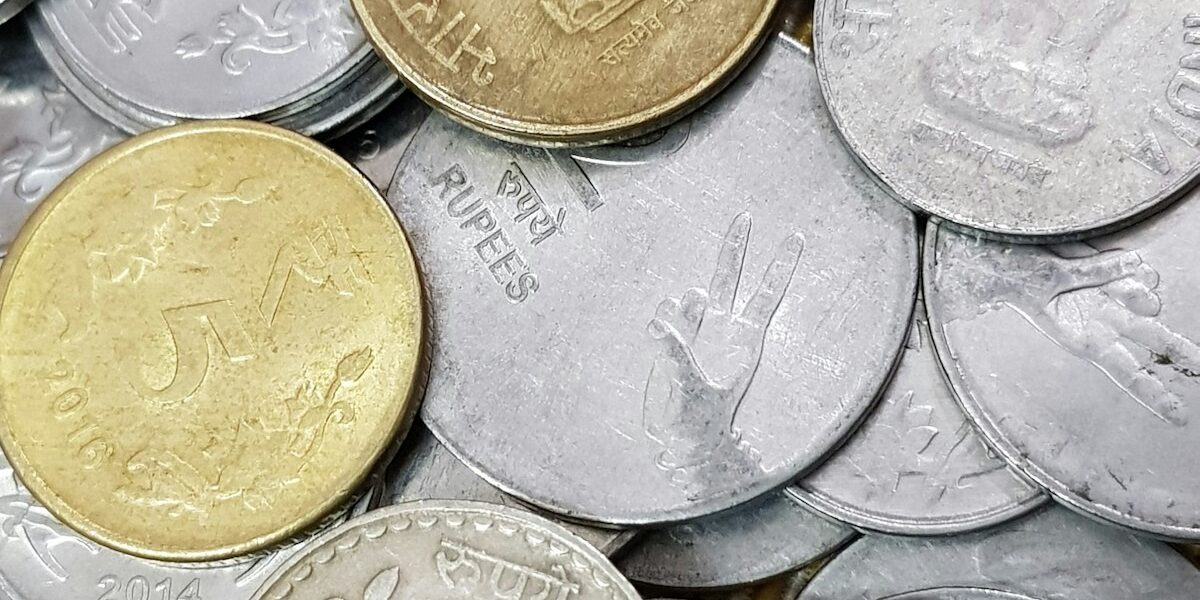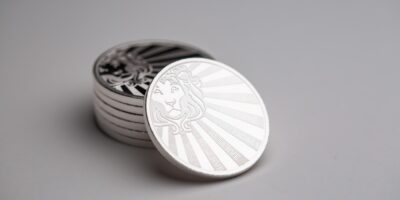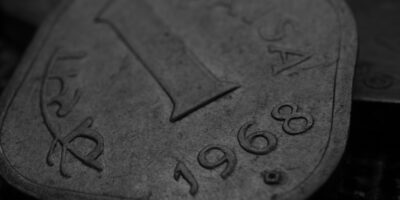Coin collecting, also known as numismatics, is the practice of collecting coins, tokens, paper money, and sometimes related objects such as medals. This hobby has been around for centuries and attracts enthusiasts from all walks of life. Whether driven by the fascination with history, the appreciation of the artistry found on coins, or the potential for financial investment, coin collectors enjoy a diverse range of motivations and goals.

The roots of coin collecting can be traced back to ancient kings and nobles who kept coins as treasures, artifacts, and symbols of power. Over time, what was once a pursuit limited to the wealthy and scholarly has become accessible to the general public. Today, people of all ages and backgrounds engage in coin collecting, drawn by its blend of historical intrigue, artistic beauty, and the thrill of the hunt.
One of the first steps in coin collecting is understanding the different types of coins that can be collected. These range from ancient coins issued by distant civilizations to modern day commemorative pieces celebrating significant events. Collectors may focus on coins from a specific country or era, or they may collect coins based on a theme, such as animals, famous figures, or historical events.
The value of a coin is determined by several factors including rarity, demand, condition, and historical significance. Rare coins that are in good condition are typically the most valuable. However, many collectors derive joy simply from the process of collecting without necessarily focusing on the potential financial gain.
Condition is key in coin collecting. Coins are graded on a scale from ‘Poor’ to ‘Mint Condition’. The grading assesses a coin’s level of preservation and overall appearance. This grading can be done professionally by organizations such as the American Numismatic Association, which also offers resources, education, and community for collectors.
For many, the appeal of coin collecting lies in its educational aspects. Through their collections, numismatists learn about different cultures, historical events, and the evolution of monetary systems. Coins are often considered miniature pieces of art, offering insight into the aesthetic sensibilities of the time in which they were created.
The social aspect of coin collecting is also significant. Clubs and societies bring enthusiasts together to share their collections, exchange information, and foster a sense of community among collectors. These gatherings can be delightful venues for learning, discovery, and camaraderie.
In addition to traditional methods, the internet has revolutionized the hobby. Online forums, auctions, and stores have made it easier than ever to acquire, sell, and learn about coins. Collectors can now connect with peers around the world, expanding their knowledge and collections in ways that were not possible before.
Despite its many rewards, coin collecting does require caution, particularly when it comes to buying and selling. The market for coins can be susceptible to fluctuations, and the authenticity of a coin is sometimes in question. Aspiring collectors should therefore educate themselves thoroughly or consult with experienced collectors and reputable dealers before making significant purchases.
Overall, coin collecting is more than just a hobby; it’s a gateway to exploring history, art, and economics. It offers a unique blend of educational and investment opportunities, along with the joy of a lifelong pursuit. Whether for fun, profit, or both, coin collecting remains a vibrant and rewarding pastime that continues to captivate enthusiasts around the globe.




Leave a Reply